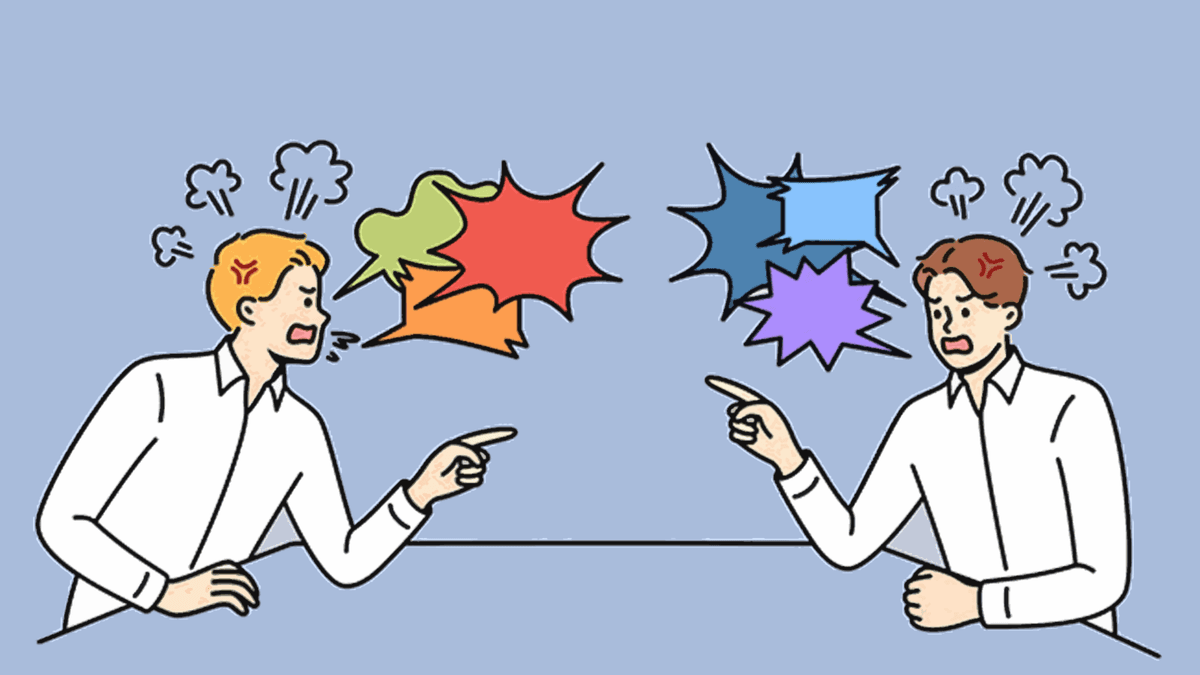Observation & Sorting

Whether you’re reading a graph, organizing your backpack, or trying to understand someone’s mood, careful observation and clear sorting help you see what matters and understand how things fit together.
The Dive
Observation is more than just seeing—it’s paying attention on purpose. It’s how we notice details that others might miss, like a plant bending toward the sun or a friend who hasn’t smiled all day. These small clues help us make sense of what’s happening around us. When we observe carefully, we understand more, think more clearly, and make smarter choices.
Next comes sorting—your brain’s way of cleaning up the mental clutter. Sorting means grouping things that have something in common. When you group your notes into 'main ideas' and 'supporting facts,' or organize your closet by season, you're making it easier for your brain to find what it needs.
Together, observation and sorting are the foundation of logical thinking. Observation gives you the information; sorting helps you make sense of it. Whether you're figuring out what caused a problem or deciding how to explain something to a friend, these skills help you think clearly and act wisely.
When we sort information, we’re comparing and analyzing. We ask: What do these things have in common? What makes them different? These questions help us recognize patterns, spot problems, and even make predictions. That’s how scientists discover new things—and how you solve real-life puzzles.
These skills don’t just stay in your head—they show up in your actions. You’ll ask better questions, build stronger arguments, and become a more thoughtful learner. You’ll begin to trust your thinking, not because it’s perfect, but because you know how to slow down, observe carefully, and sort your thoughts with intention.
Observing and sorting also help you work with others. Maybe you’re in a group project and someone has a different idea. You’ll use your observation skills to understand their point of view and your sorting skills to compare options. That’s not just smart—it’s respectful and effective.
In a world full of information, the smartest thinkers aren’t the ones who know the most—they’re the ones who know how to see what matters, organize it clearly, and take action with confidence. And that starts with two simple skills: observation and sorting.
Why It Matters
In everyday life, we’re constantly making decisions—big ones, small ones, and everything in between. When you train your brain to observe carefully and sort information clearly, you set yourself up to understand the world better. These skills help you slow down, focus, and find meaning in what others might overlook. Whether you're figuring out how to fix a problem, analyzing data for a science project, or trying to make sense of a tough situation with a friend, observation and sorting give you the mental tools to think deeply and act wisely. That’s what real learning—and real leadership—looks like.
?
What’s something small you noticed today that helped you understand a bigger idea?
How does sorting your schoolwork or thoughts help you feel more in control?
Why might organizing ideas be just as helpful as organizing objects?
How can strong observation skills help you work better with a team?
What kinds of problems could you solve faster if you got better at sorting information?
Dig Deeper
So many people spend their days wondering what others think of them, if they will mess up in a conversation, or how they look. If you’re actually trying to increase your observation skills, spend your energy and focus on others, not just yourself.
Related

Deductive vs. Inductive Reasoning: How Our Brains Figure Things Out
Ever feel like a detective trying to figure something out? That’s your brain using logic! Deductive and inductive reasoning help you make smart guesses, solve problems, and convince others with facts.

The Scientific Method
What do curiosity, logic, and a good notebook have in common? They're the foundation of the scientific method—a system that turns wonder into wisdom.

Constructing Rebuttals: The Art of Respectful Disagreement
A strong rebuttal isn’t about being louder, it’s about being smarter. Learn how to listen closely, spot weak points, and respond with logic, respect, and confidence.
Further Reading
Stay curious!
